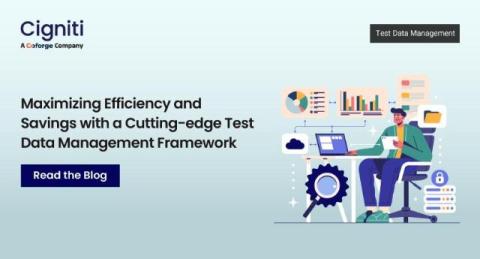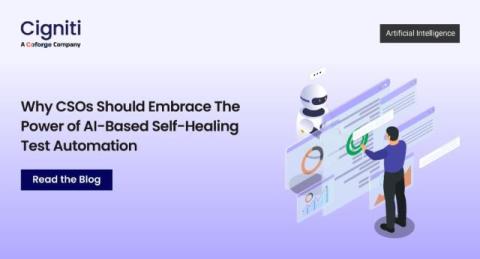From Compliance to Inclusivity: The Critical Need for Web Accessibility and Testing
In today’s digital age, the internet serves as a critical platform for information, communication, and commerce. The World Health Organization (WHO) estimates that 1.3 billion individuals, or 16% of the global population, have a major impairment. According to the Centers for Disease Control and Prevention (CDC), 27% of people, or approximately one in every four, have a handicap.











